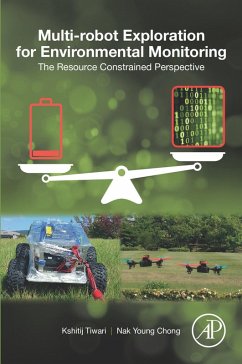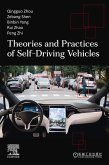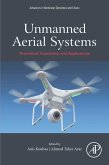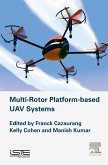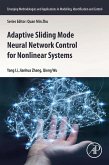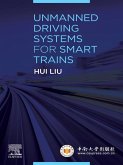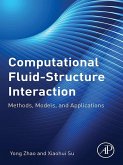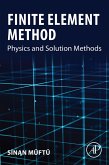Multi-robot Exploration for Environmental Monitoring: The Resource Constrained Perspective provides readers with the necessary robotics and mathematical tools required to realize the correct architecture. The architecture discussed in the book is not confined to environment monitoring, but can also be extended to search-and-rescue, border patrolling, crowd management and related applications. Several law enforcement agencies have already started to deploy UAVs, but instead of using teleoperated UAVs this book proposes methods to fully automate surveillance missions. Similarly, several government agencies like the US-EPA can benefit from this book by automating the process.
Several challenges when deploying such models in real missions are addressed and solved, thus laying stepping stones towards realizing the architecture proposed. This book will be a great resource for graduate students in Computer Science, Computer Engineering, Robotics, Machine Learning and Mechatronics.
Several challenges when deploying such models in real missions are addressed and solved, thus laying stepping stones towards realizing the architecture proposed. This book will be a great resource for graduate students in Computer Science, Computer Engineering, Robotics, Machine Learning and Mechatronics.
- Analyzes the constant conflict between machine learning models and robot resources
- Presents a novel range estimation framework tested on real robots (custom built and commercially available)
Dieser Download kann aus rechtlichen Gründen nur mit Rechnungsadresse in A, B, BG, CY, CZ, D, DK, EW, E, FIN, F, GR, HR, H, IRL, I, LT, L, LR, M, NL, PL, P, R, S, SLO, SK ausgeliefert werden.

